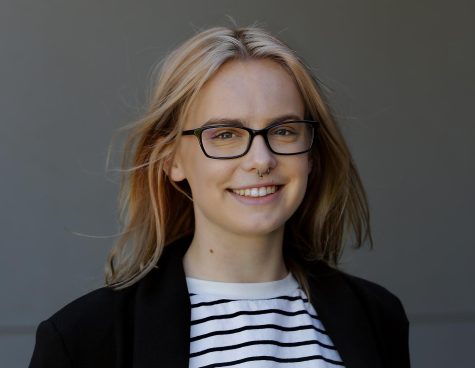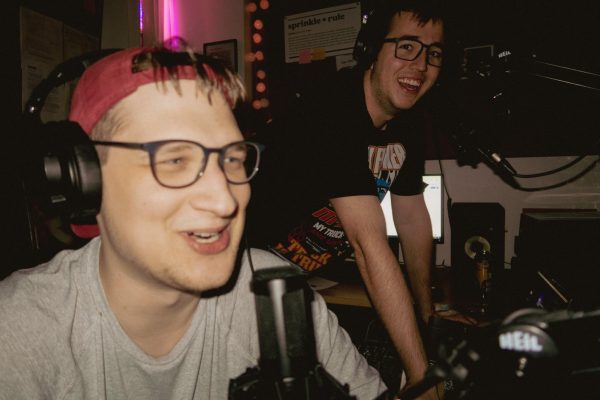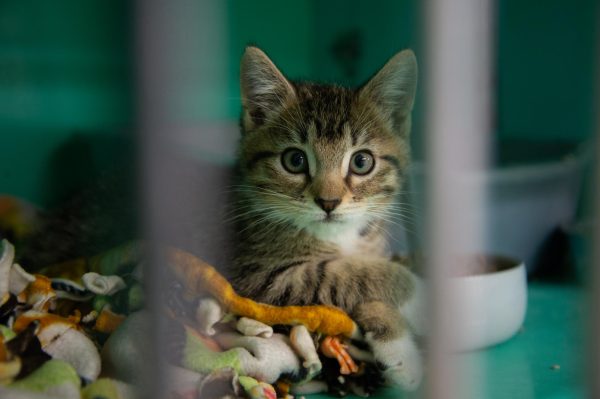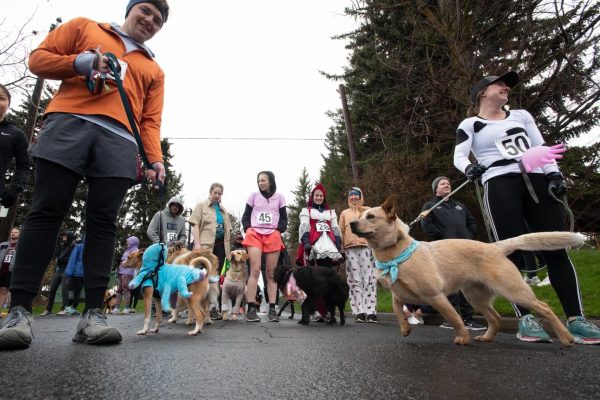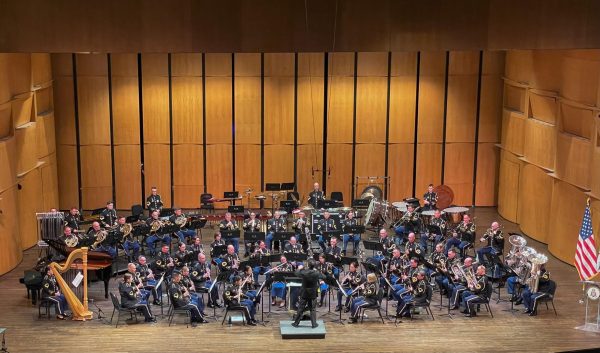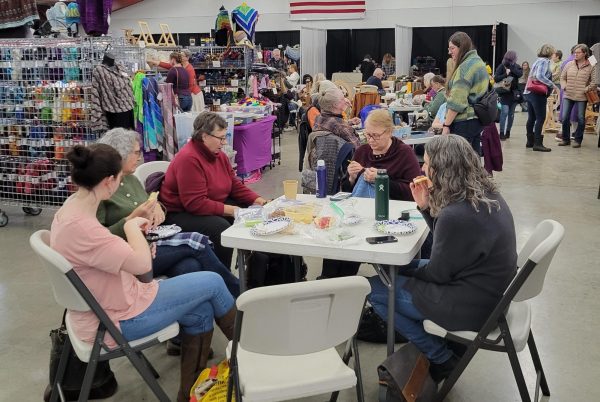WSU alum researches cancer after mom was cured of disease
Works on science behind cancer cures, feels happy when patients react positively
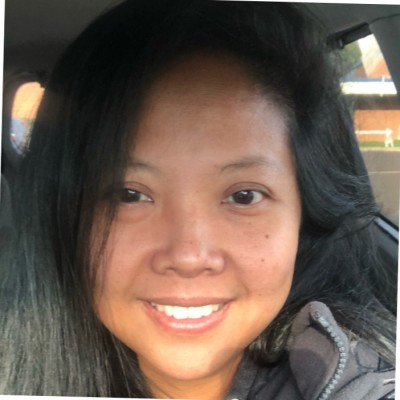
Andressa Smith, Johnson & Johnson director of licensing, originally majored in food science but decided to make the change to microbiology.
July 2, 2021
Andressa Smith, Johnson & Johnson director of licensing, is a WSU alum working in cancer research to determine new and effective therapies.
Smith said she is the person who makes the calls when assessing new treatment options. She reviews and assesses the new treatments and medicines the oncology department receives and develops them for patients.
Smith said she also looks at medicines and treatments the company is interested in and decides if they need more work.
Initially, Smith said she was a scientist trying to discover new drugs but got the opportunity to move to council development, where she oversaw trials.
Afterward, someone in business development approached her, she said. They needed someone who knew the science but also had experience developing clinical trials.
“This [gave] me the opportunity to bring in the science background that I love so much, and the clinical background,” she said.
Smith said going to school helped her figure out what she wanted to do with her career.
She completed her bachelor’s degree at WSU. Initially, Smith said she majored in food science but decided to switch to microbiology instead and loved it.
Smith said one of the most defining moments in her life was when her mom was diagnosed with bladder cancer. When her mom was cured of the disease, she decided she wanted to work on the science behind effectively treating cancer.
After completing her doctorate at WSU, Smith said she worked in a postdoctoral position doing cancer research.
“It was fascinating because you got regular cancer treatment where you hammer cancer itself,” she said. “My research when I was a postdoc was really like unlocking the immune cells to make them recognize more of the cancer cells.”
Smith said what sticks with her the most is a yearly meeting J&J hosts where patients come in and speak on a panel.
Her department does not work with patients directly, so Smith said they do not see how their work impacts people first-hand.
Smith said she sometimes forgets how much of a difference her work makes because there are times when projects will not work, and some people are difficult to collaborate with. Seeing how she makes a difference makes it worth it.
The yearly meetings allow her department to see how they create positive impacts from their work, she said.
“They come in with their kids and their stories,” Smith said. “It always sticks with me. Every year I look forward to that.”


